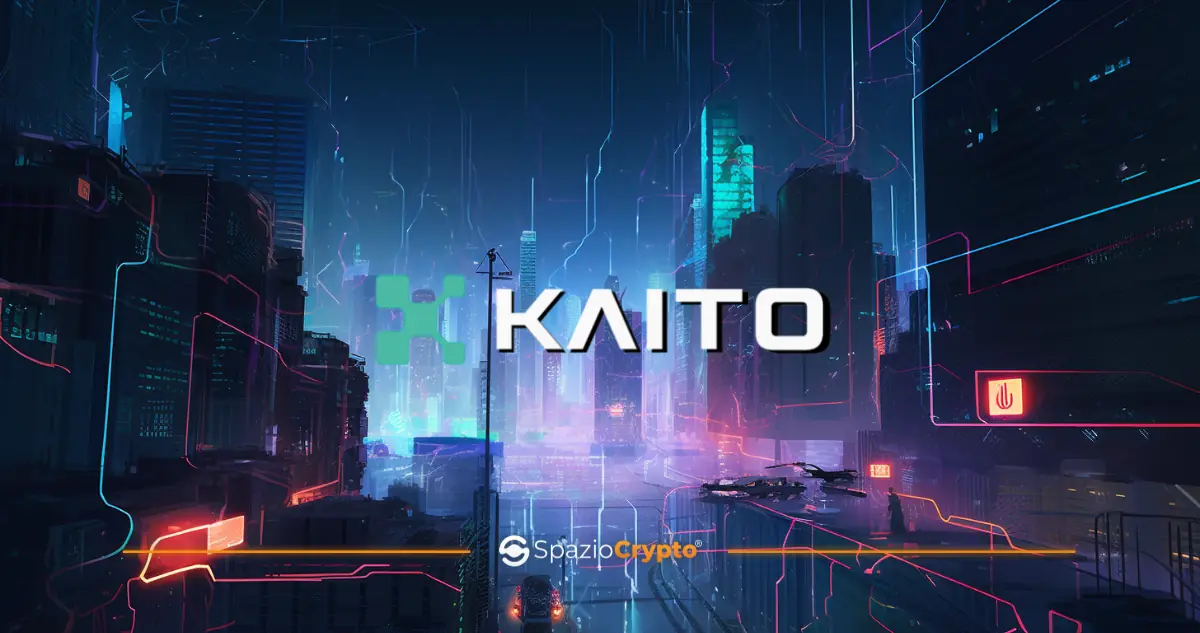Kaito recently launched its token via an airdrop. However, the market experienced volatility due to early sales. The airdrop saw a price spike before collapsing, as many users immediately sold their tokens after the launch.
Kaito's tokenomics allocated 10% of the tokens to the community, a choice that sparked discussion. However, from a positive point of view, this distribution could strengthen sustainability by avoiding the possibility of liquidating large amounts of tokens in one go.
Kaito Generates Contrasting Reactions
Kaito is an ambitious social media project based on artificial intelligence that has recently gained much attention. The platform has already gained a solid reputation in the Web3 community and, last week, the company released a whitepaper on a new project.
According to the paper, Kaito plans to use artificial intelligence to incentivise content creation on social media. The airdrop took place on 20 February, with the company stating:
"We announce KAITO's tokenomics! 56.67% goes to the Community & Ecosystem. Of this, 19.5% will go to airdrops and incentives for the initial and long-term community. For the Initial Community & Ecosystem - 10%. This allocation includes Kaito Yapper's initial community, Genesis NFT holders and ecosystem partners."
Although Kaito's airdrop was supported by strong momentum, the community expressed mixed opinions on the distribution of tokens. For example, Binance BNB holders received only 2%.
Many users felt that 10% was too low a quota for early backers of the project, while others were satisfied, arguing that the airdrop should not generate sustainable value.
Influencer DeFi Ignas wrote on X (formerly Twitter):
"If this doesn't generate too much FUD, then it's good, because there's less selling pressure on day one. I'm grateful for whatever I get. I'm a big fan of what the Kaito team is making and I want them to be successful in the long run. Even if I sell some KAITO, I will continue to support them and cheer them on."
Seems $KAITO won't make me a million USD in a day just yet.
- Ignas | DeFi (@DefiIgnas) February 20, 2025
10% split between yaps, NFT holders and seems other communities.
Airdrop is not solely based on yaps or NFT holding. Instead, it uses an AI-powered analysis to assess:
- Engagement consistency (e.g., pre-Yaps... https://t.co/bOqsN73xNR
X
The project followed a similar path to other recent launches, such as Pi Network. The initial price of $1.40 dropped by 30% when airdrop users cashed in. However, the overall impact was less than projects such as Berachain, which saw a 50% drop on launch day.
Despite these difficulties, Kaito still has some advantages that could push it towards a bullish trajectory. For instance, Coinbase announced the token's listing on its platform. Coinbase is an influential exchange and its "Coinbase Effect" is known to create value for certain tokens in unpredictable ways.
In conclusion, Kaito has been launched, the airdrop has occurred and the system is operational. It is now up to Kaito to stay on track and make progress on its stated goals.








